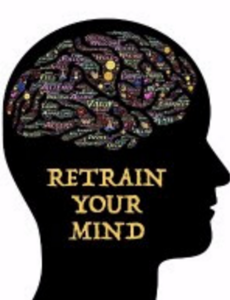Am I Ready to Change My Money Behavior?
I hope everyone had a wonderful Valentine’s and President’s Day off. February is such a short month that the days just fly by.
I ended my last article saying next I would discuss how we can retrain our brain now that we’ve learned a little bit about how our brain works.
The Model of Behavior Changes
But before I can begin that discussion, we have to talk about a theory called ‘the model of behavior changes’. This is about assessing our readiness and willingness to adopt a new and healthier behavior before we can successfully do it. I can show you how you should retrain your mind but if you don’t have the willingness to make the changes–and they are not always easy–you are not ready. The information will go in one ear and out the other.
In the theory of modeling changes, for us to have healthier and lasting behavior changes, we progress through 6 stages: pre-contemplation, contemplation, preparation, action, maintenance and termination.
When people come to me they’re usually ready for change. If they really aren’t then it’s going to be obvious by their responses after our discussion or by the nature of their follow ups. But some clients have been either contemplating (over-thinking) or trying to ignore making changes to their money behaviors so that by the time they reach out to me they are understandably on the fence. When they’ve exhausted themselves going back and forth, they either progress to the next stage (reach out for help), give up altogether, or continue to stay in the contemplate/ignore stage. After all – ‘ignorance is bliss’ as the saying goes.
So where are you in your model of behavior changes? That must be determined. Are you still contemplating or are you ready to move on and make lasting changes in your life? The changes will make a big difference but we’re at a standstill until you’ve worked out where you are right now.
(Check out Prochaska and DiClemente’s Stages of Change Model for further details:http://stepupprogram.org/docs/handouts/STEPUP_Stages_of_Change.pdf)


